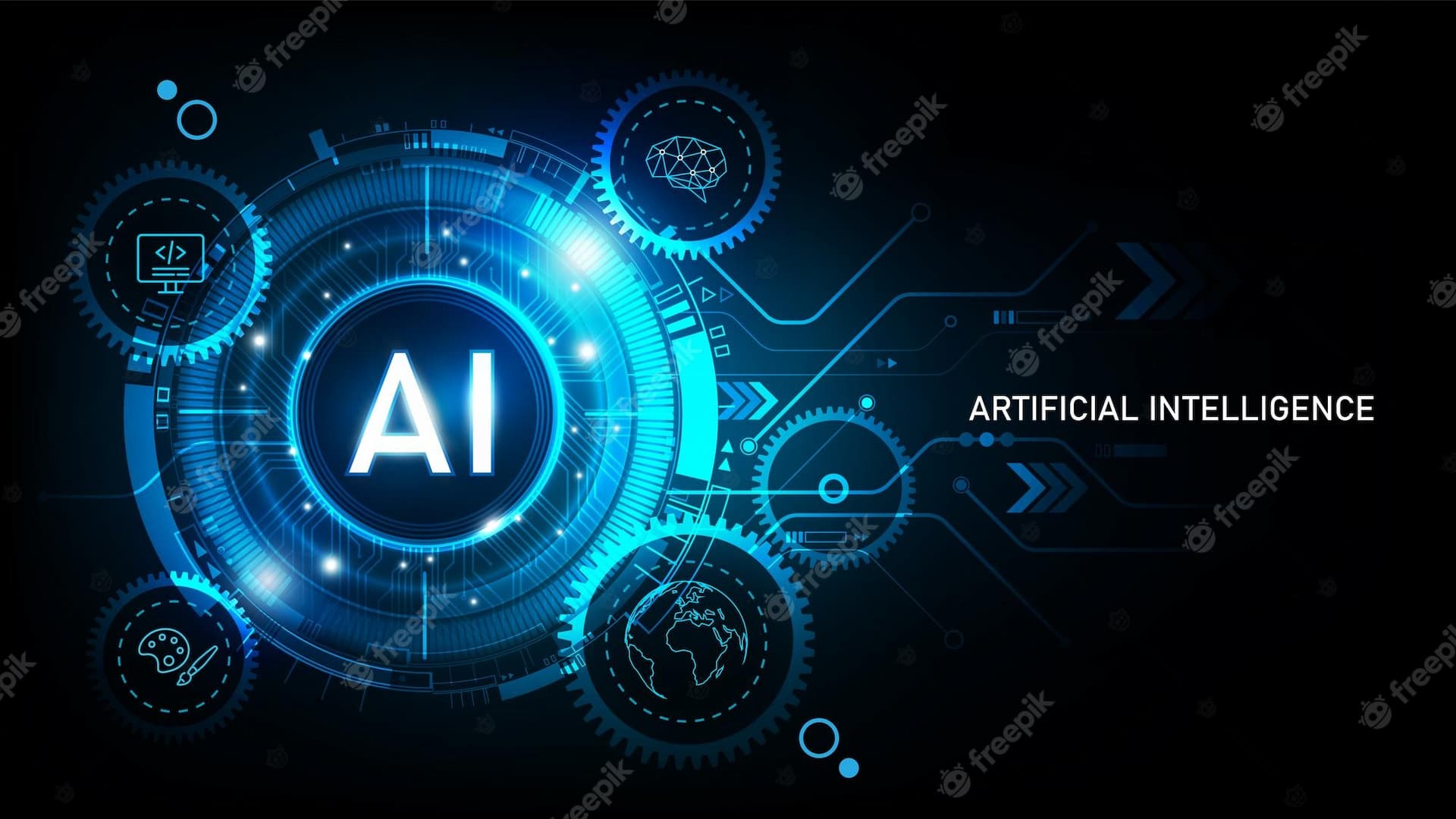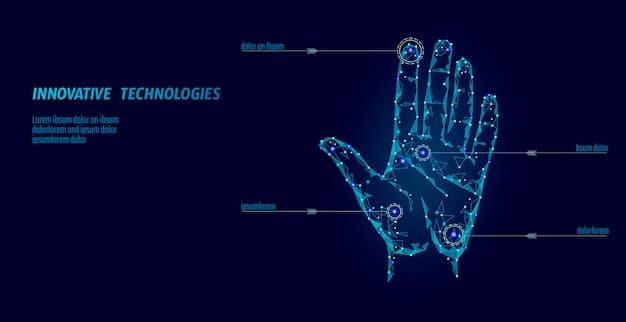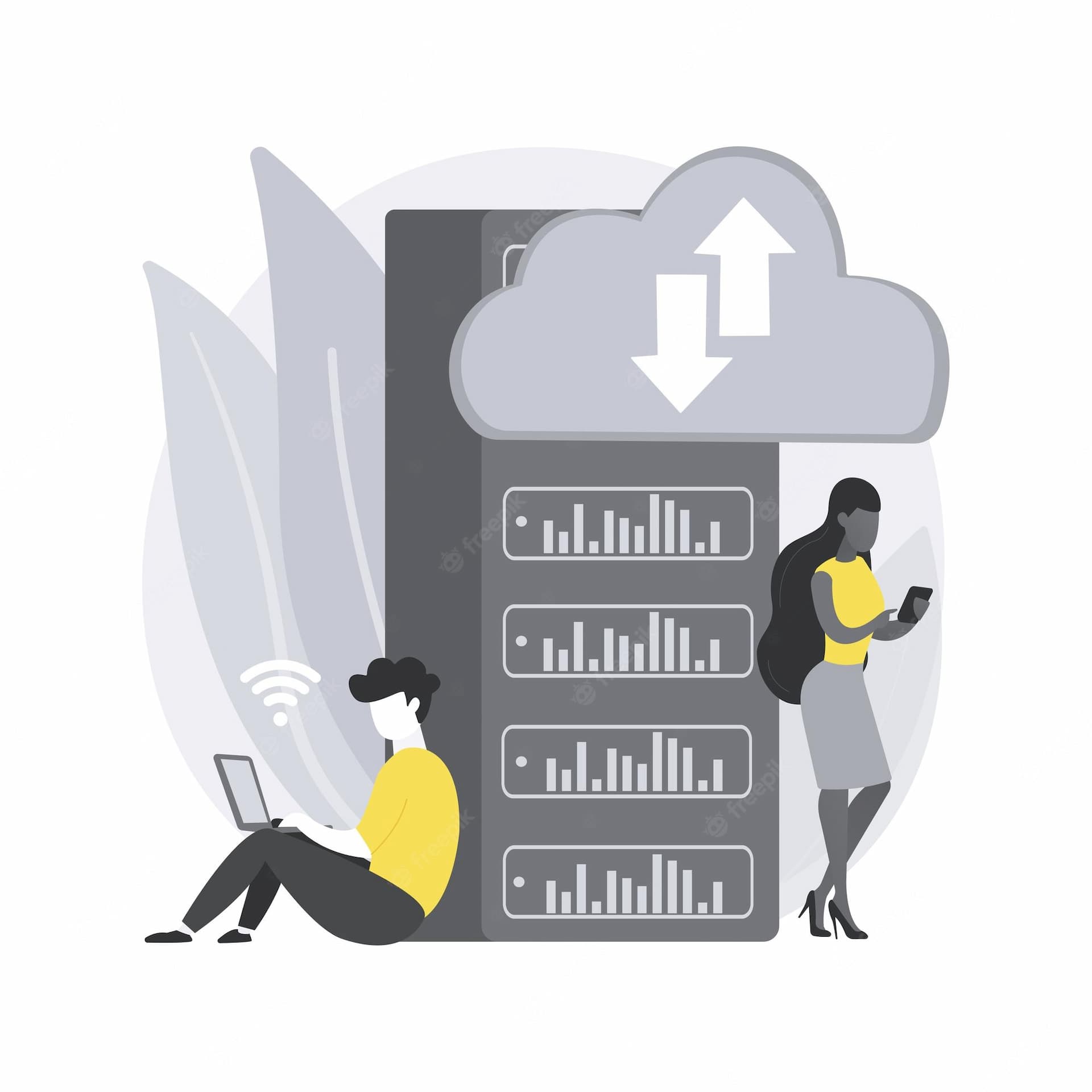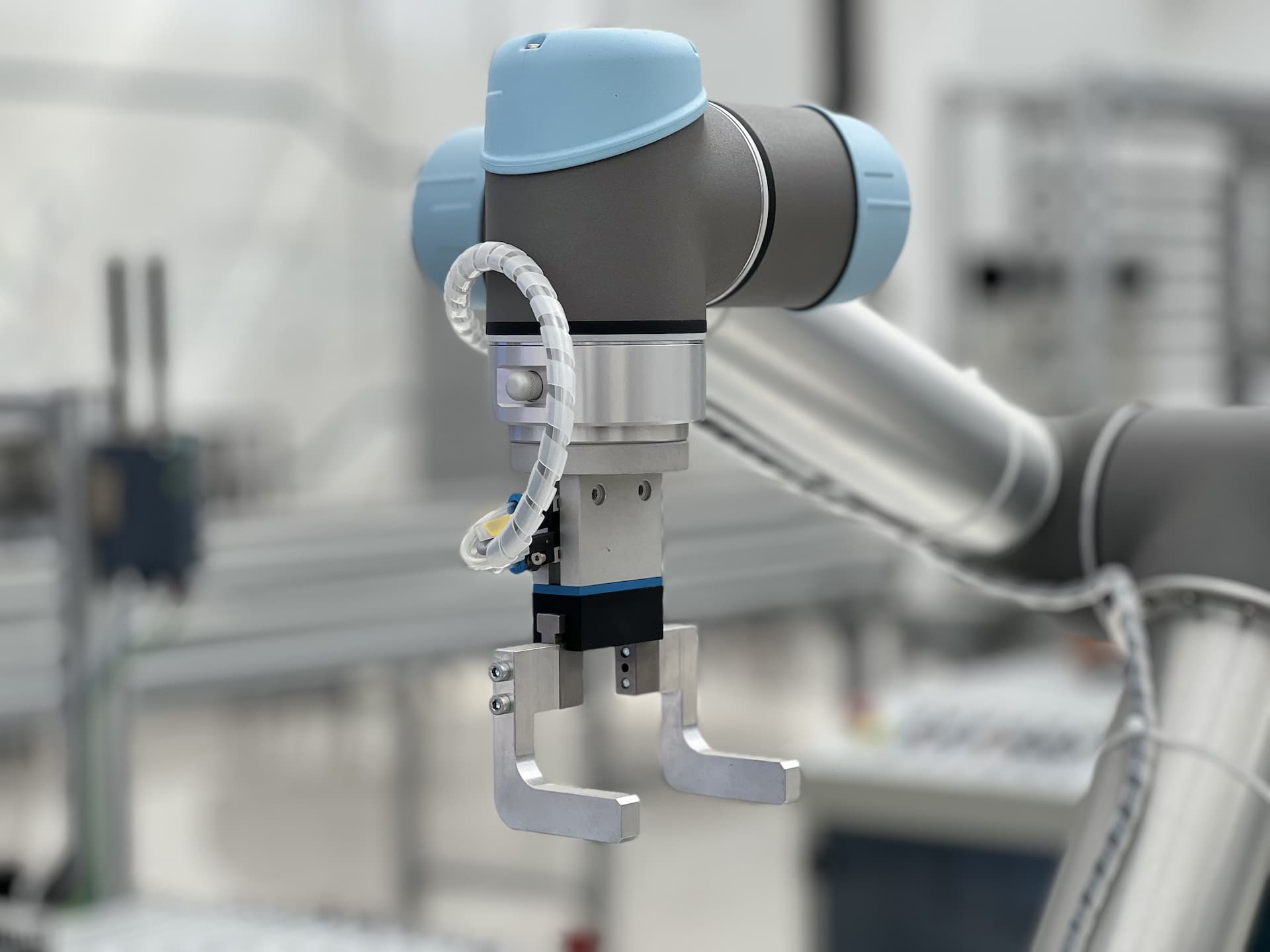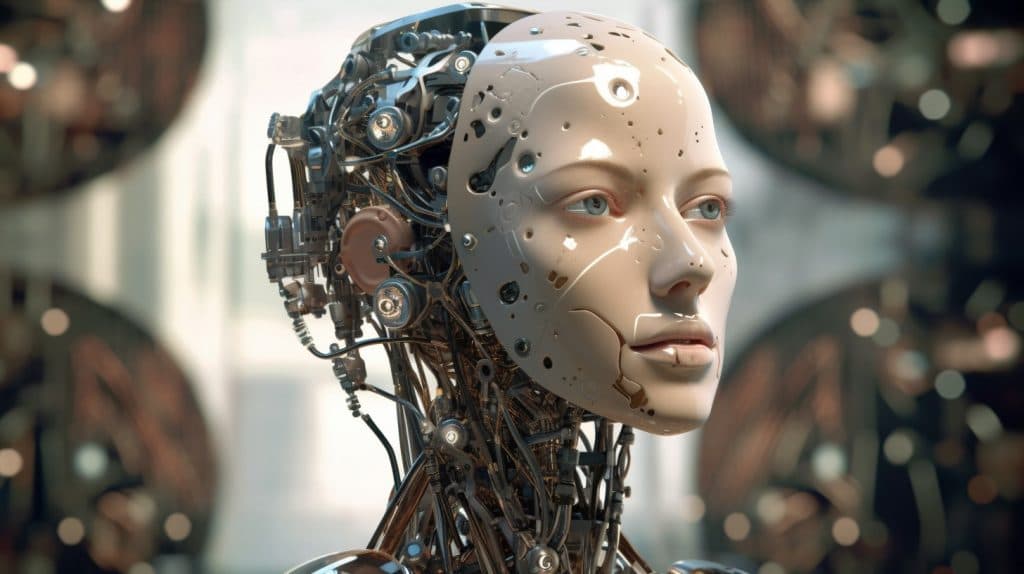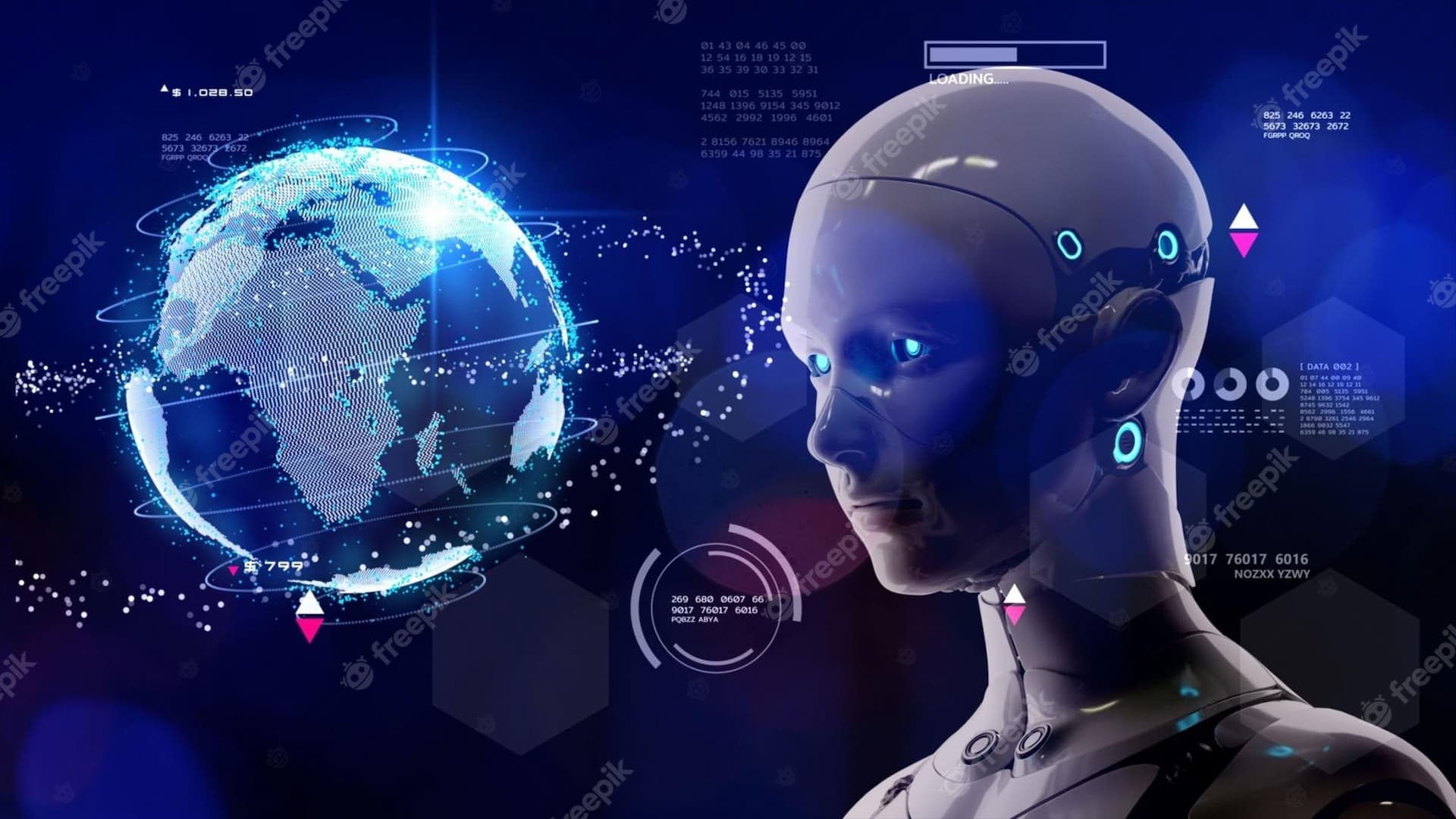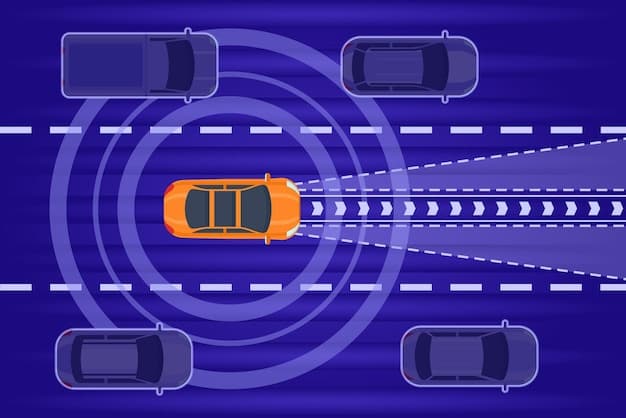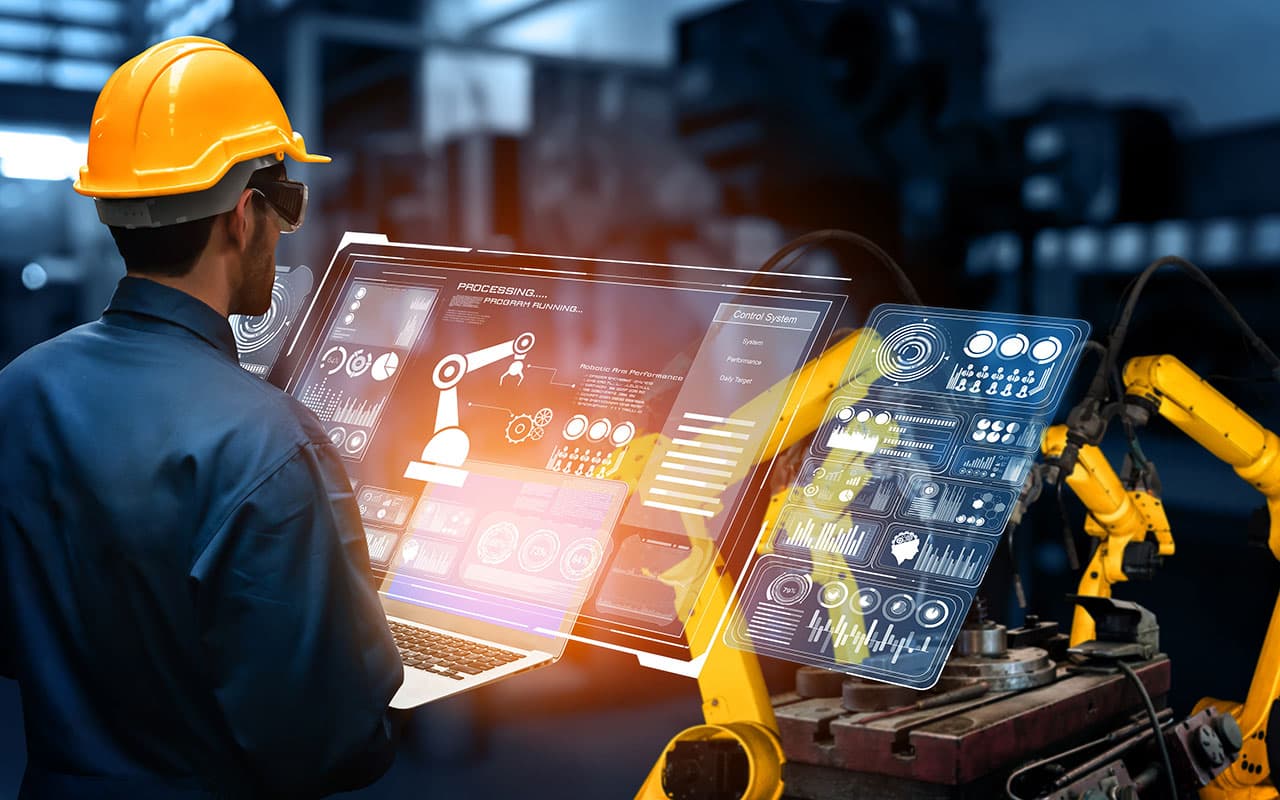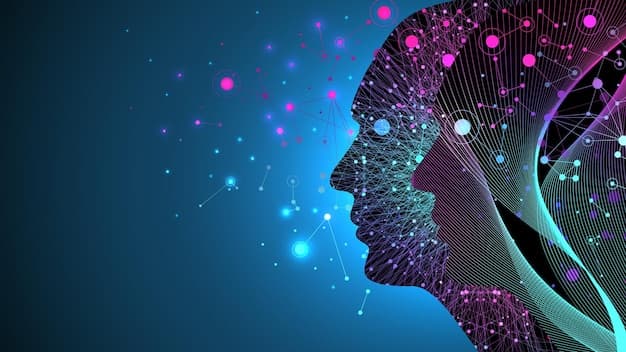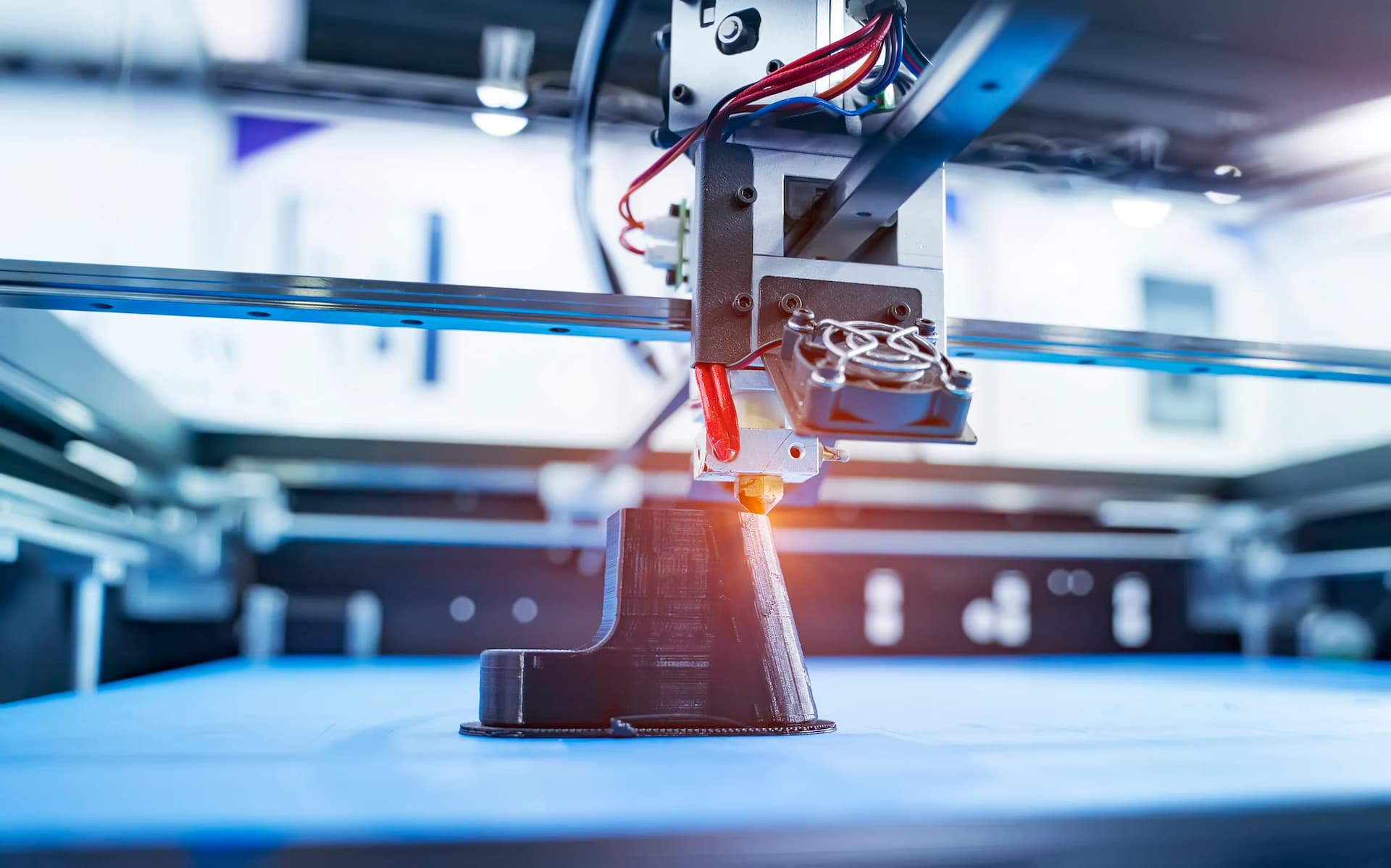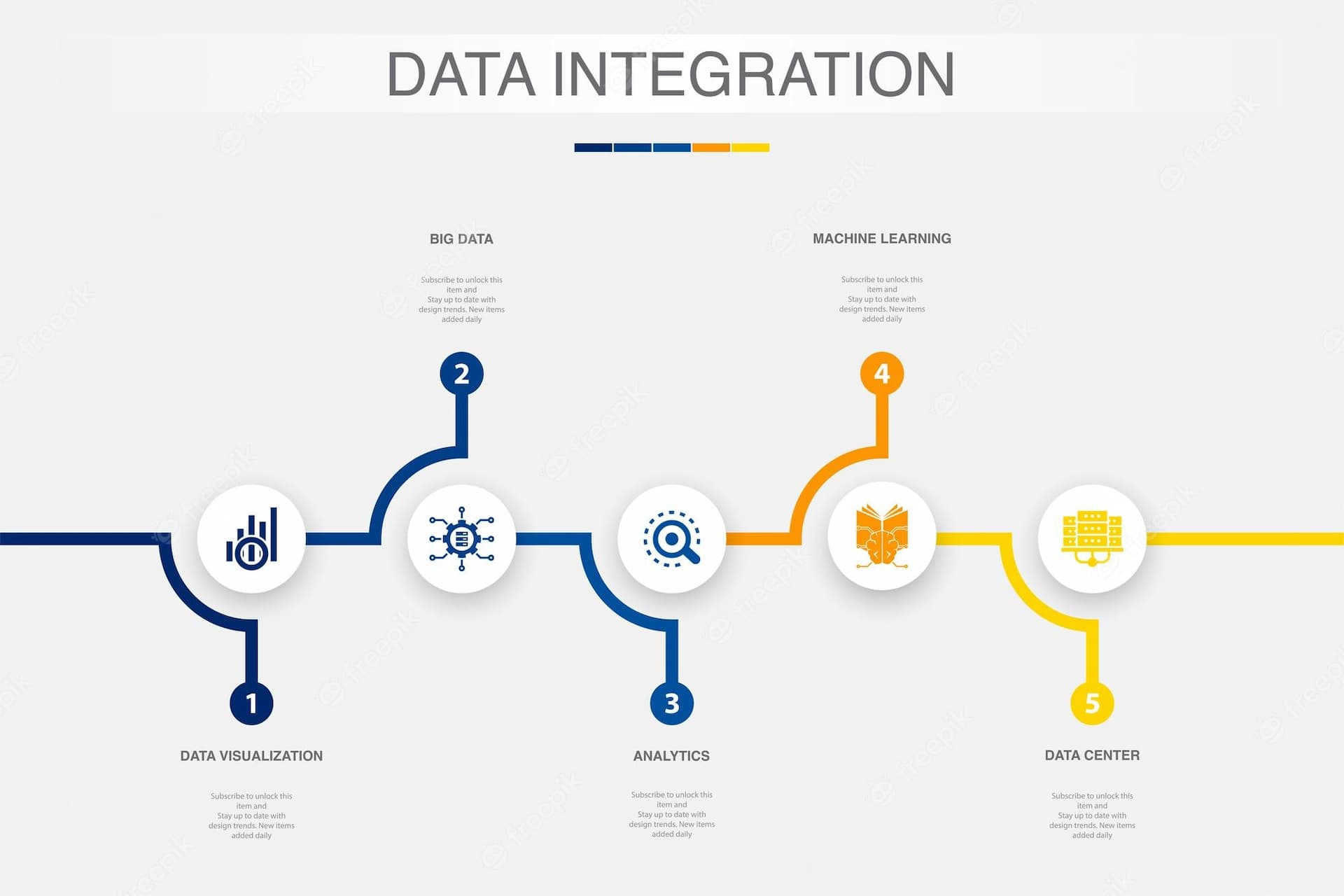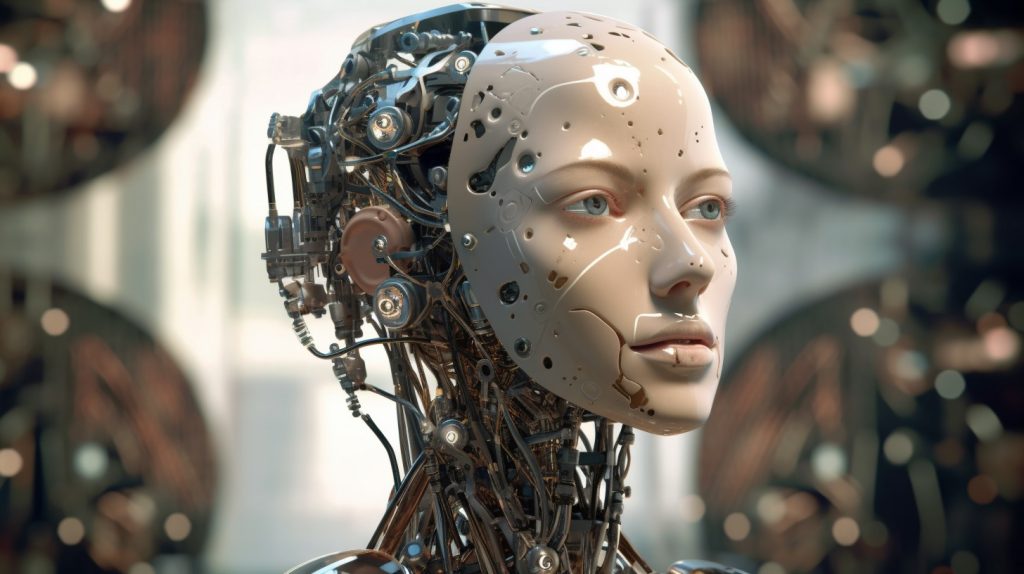
Synthetic Intelligence (AI) has grow to be an more and more important a part
of our day by day lives, with its purposes spanning throughout industries
equivalent to customized medication, autonomous autos, and extra. As AI
continues to advance, it's essential to handle the moral challenges that
include its widespread adoption. This text goals to offer a complete
overview of the present state of ethics in AI and discover the varied
challenges and alternatives that lie forward.
Bias and Equity in AI
The Problem of Bias
One of many major moral considerations surrounding AI is the potential for biased decision-making. AI techniques are sometimes skilled on giant datasets, which can comprise biases which can be then perpetuated by the AI. For instance, facial recognition expertise has been proven to be much less correct in figuring out folks with darker pores and skin tones, resulting in considerations about racial profiling and discrimination. To handle this difficulty, researchers and builders should be certain that AI techniques are skilled on various and consultant datasets, and that algorithms are designed to be clear and accountable.
The Significance of Equity
Equity in AI is essential, particularly in high-stakes decision-making contexts equivalent to prison justice, healthcare, and finance. An AI system that's biased or unfair can have extreme penalties for people and society as a complete. For instance, if an AI-powered credit score scoring system is biased in opposition to sure teams, it might probably perpetuate monetary inequality and make it troublesome for people in these teams to entry credit score.
Information Privateness and Safety in AI
The Privateness Concern
Privateness can also be a major concern within the realm of AI ethics. AI techniques typically depend on huge quantities of non-public knowledge to operate successfully, elevating questions on knowledge possession, consent, and surveillance. As AI turns into extra built-in into our lives, it's essential to ascertain clear tips and rules round knowledge privateness and safety. This will likely contain updating present privateness legal guidelines to account for AI-specific considerations or creating new laws particularly tailor-made to AI purposes.
The Safety Facet
Securing the info utilized by AI techniques is one other vital problem. As AI techniques grow to be extra superior, they could grow to be extra susceptible to cyberattacks, probably exposing delicate data and placing people in danger. Builders should prioritize knowledge safety and implement strong measures to guard in opposition to potential threats.
Accountability and Transparency in AI
The Want for Accountability
As AI techniques grow to be extra complicated, understanding and explaining their decision-making processes turns into tougher. It's vital to offer accountability and openness so as to scale back dangers and develop public belief. Making certain that AI techniques are clear of their operations and that they are often held accountable for his or her actions is important for sustaining moral requirements within the discipline.
The Significance of Explainability
AI techniques ought to be designed to offer explanations for his or her selections and actions. This will increase accountability, permits for auditing, and improves public information and belief. Creating AI techniques which can be each explainable and clear will assist stakeholders perceive how selections are being made and forestall unintended penalties.
Employment Impression of AI
The Problem of Job Displacement
One other moral problem in AI is the potential for job displacement. As AI techniques grow to be extra succesful, they could change human staff in varied industries, resulting in unemployment and social unrest. Whereas some argue that AI will create new jobs to interchange these misplaced, others imagine that the transition might not be clean, and that governments and organizations should take steps to retrain and assist displaced staff.
Potential Options
One potential answer to handle job displacement is the implementation of a common primary revenue, which would offer a security internet for these affected by AI-driven job displacement. One other method entails creating insurance policies and initiatives that concentrate on upskilling and reskilling staff to arrange them for the brand new job alternatives that AI would possibly create.
The Growth of Autonomous Weapons
Moral Considerations
The event of autonomous weapons is one other moral problem that has garnered important consideration. These AI-driven weapons have the potential to revolutionize warfare, but additionally increase considerations concerning the lack of human management and accountability in life-or-death selections. Many specialists argue {that a} world ban on autonomous weapons is important to stop an AI arms race and be certain that human judgment stays a central element of warfare.
The Want for Worldwide Agreements
To handle the moral considerations surrounding autonomous weapons, it's important to ascertain worldwide agreements that define guidelines and rules for his or her use. These agreements ought to emphasize the significance of human management and accountability in decision-making processes to stop the unchecked proliferation of autonomous weapons.
Moral Alternatives in AI
Bettering Healthcare
AI additionally presents quite a few moral alternatives. AI has the potential to enhance healthcare outcomes by offering customized remedies, figuring out ailments earlier, and decreasing medical errors. Creating AI techniques that prioritize affected person well-being and privateness may help create a extra equitable healthcare system.
Enhancing Schooling
In training, AI may help determine struggling college students and supply tailor-made assist, serving to to shut achievement gaps and promote fairness. By creating AI options which can be accessible and inclusive, we are able to create a extra equitable instructional panorama that empowers college students from various backgrounds.
Addressing International Points with AI
Tackling Local weather Change
AI can be utilized to deal with urgent world points equivalent to local weather change by optimizing useful resource allocation and offering data-driven insights. By creating AI techniques that prioritize sustainability and environmental preservation, we are able to work in the direction of making a extra sustainable future for our planet.
Combating Poverty
AI also can play a job in combating poverty by offering insights into the best interventions and useful resource allocation methods. By harnessing the facility of AI, we are able to work in the direction of making a extra equitable world the place assets are distributed pretty and effectively.
Establishing a Sturdy Moral Framework for AI
Business Requirements and Authorities Laws
To completely notice the potential advantages of AI whereas mitigating its moral dangers, it's important to ascertain a sturdy moral framework for AI growth and deployment. This will likely contain the creation of business requirements, authorities rules, and worldwide agreements that define moral ideas and greatest practices.
Fostering a Tradition of Moral AI Growth
Moreover, fostering a tradition of moral AI growth inside organizations and amongst AI researchers is essential. This contains selling moral literacy and consciousness, in addition to encouraging interdisciplinary collaboration amongst AI builders, ethicists, policymakers, and different stakeholders to make sure that moral issues are built-in all through the AI growth course of.
Conclusion
The widespread adoption of AI presents each moral challenges and alternatives. By addressing points equivalent to bias, job displacement, privateness, and autonomous weapons, we are able to work in the direction of guaranteeing that AI is developed and deployed in a way that's each moral and useful to society. On the similar time, harnessing the facility of AI to enhance healthcare, training, and handle world points has the potential to create a extra equitable and sustainable future. Navigating the complicated panorama of ethics in AI is an important job for researchers, builders, policymakers, and society as a complete.


